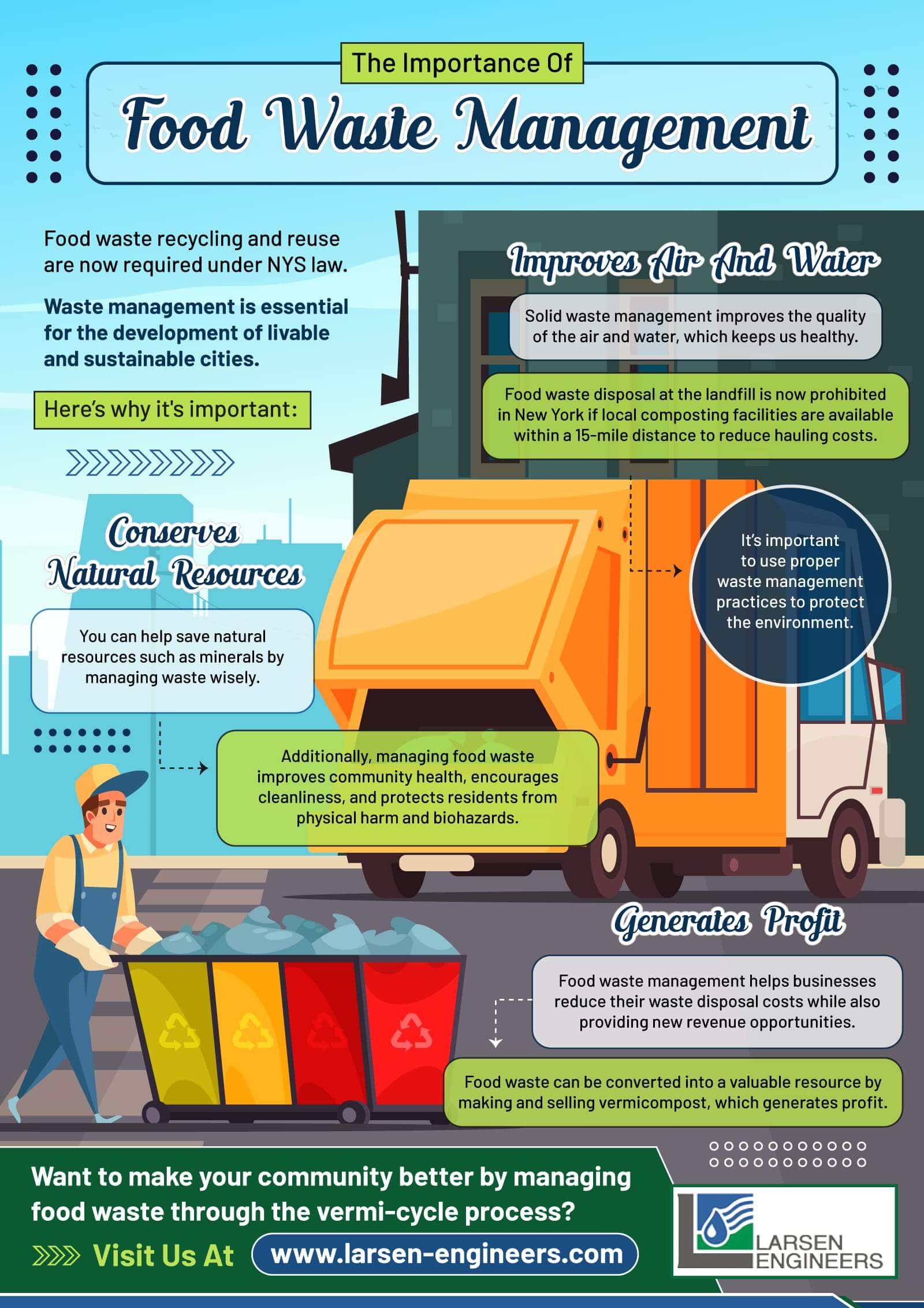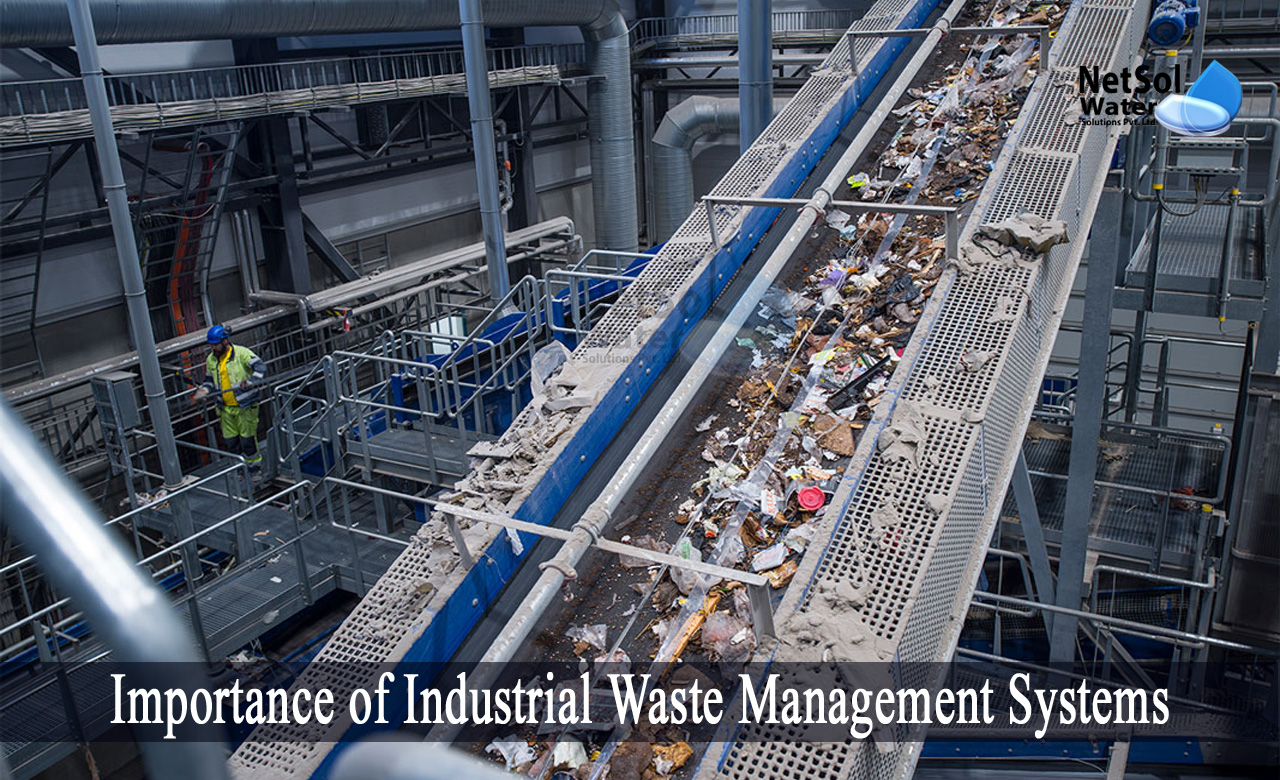Little Known Facts About Reclaim Waste.
Little Known Facts About Reclaim Waste.
Blog Article
Reclaim Waste Things To Know Before You Get This
Table of ContentsReclaim Waste Can Be Fun For EveryoneSome Known Details About Reclaim Waste Some Known Details About Reclaim Waste Reclaim Waste for BeginnersReclaim Waste Fundamentals Explained
Explore the types, events, and forms of liquid waste. Domestic sewage waste refers to the waste and products from a domestic septic system. This kind of waste is developed by human beings in homes, institutions, and various other buildings. This only includes septic containers that have a drain field. The correct monitoring and disposal of residential sewage waste require liquid waste to be transferred to a sewage treatment plant where the proper techniques and devices are related to detoxify and take care of waste.
Industrial waste commonly includes possible threats, such as combustible products or a combination of fluid and solid waste products, and calls for an advanced and comprehensive disposal process. The disposal of industrial waste commonly entails the purification of waste before transportation to make certain secure and correct disposal. Hazardous waste is produced from byproducts and drainage of industrial processes and manufacturing.
This type of waste can not utilize the very same sewer management transport or processes as septic or commercial liquids. The commercial waste management process requires the evaluation and testing of fluid waste before it undertakes the disposal procedure (liquid waste disposal melbourne). Runoff waste is the liquid waste that originates from drainage and excess stormwater in highly inhabited locations or cities
Overflow waste can cause contamination and flooding if not handled appropriately. Discover more about sewage system cleansing and waste monitoring. Guaranteeing appropriate waste management can protect against disasters and decrease ecological injury. Both individuals in property setups and professionals in business or manufacturing markets can gain from comprehending the processes and regulations of fluid waste management.
What Does Reclaim Waste Mean?
Contact PROS Solutions today to discover our waste management and disposal solutions and the correct methods to look after the fluid waste you produce.
(https://trello.com/w/reclaimwaste1/)This so-called 'wastewater' is not only a crucial resource however, after treatment, will certainly be launched to our land, waterways or the ocean. Made use of water from bathrooms, showers, bathrooms, cooking area sinks, laundries and industrial processes is known as wastewater.

water used to cool down machinery or tidy plant and devices). Stormwater, a type of wastewater, is drainage that streams from farming and urban locations such as roof coverings, parks, yards, roads, courses and gutters right into stormwater drains pipes, after rainfall. Stormwater streams neglected straight to local creeks or rivers, eventually reaching the ocean.
Some Known Facts About Reclaim Waste.
In Queensland, most wastewater is dealt with at sewer treatment plants. Wastewater is carried from domestic or industrial websites through a system of sewage systems and pump stations, understood as sewerage reticulation, to a sewage treatment plant.
The Department of Natural Resources recommends local governments regarding handling, operating and keeping sewerage systems and treatment plants. In unsewered locations, city governments may require householders to set up private or home sewer treatment systems to treat residential wastewater from bathrooms, kitchen areas, washrooms and washings. The Department of Natural Resources authorises the use of family systems when they are verified to be efficient.
A lot of stormwater receives no treatment. In some brand-new communities, treatment of some stormwater to remove clutter, sand and crushed rock has started using gross toxin traps. Wastewater treatment takes place in 4 phases: Removes solid matter. Larger solids, such as plastics and other objects wrongly released to sewers, are removed when wastewater is gone through screens.
Uses small living microorganisms understands as micro-organisms to break down and remove staying dissolved wastes and great bits. Micro-organisms and wastes are incorporated in the sludge.
Examine This Report on Reclaim Waste
Nutrient elimination is not readily available in all sewer treatment plants since it needs costly specialised tools. It is coming to be a lot more common in Queensland. Clear fluid effluent produced after treatment may still have disease-causing micro-organisms. If this effluent is launched into rivers such as rivers or the sea, the micro-organisms will eventually pass away out.

Most wastewater flows into the sewerage system. Under the Act, local federal governments administer authorizations have a peek at this website and permits for eco appropriate tasks (ERAs) involving wastewater releases that may have a neighborhood impact.
Reclaim Waste Fundamentals Explained
Surveillance supplies accurate details regarding water quality and can validate that permit conditions are being satisfied. The info acquired through monitoring gives the basis for making water top quality decisions.
Report this page